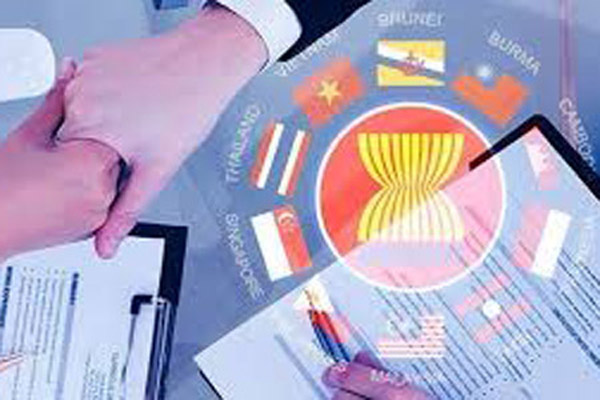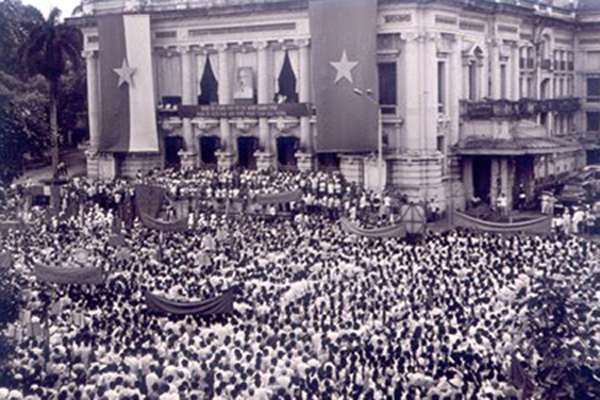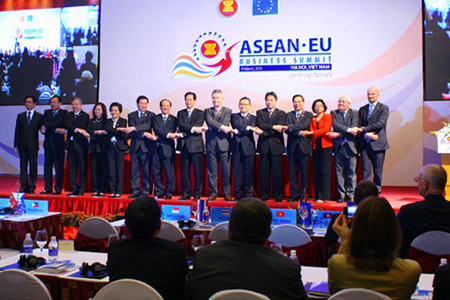The authentic Vietnamese culture Vietnamese culture - autochthonous Viet culture was born during the Bronze Age (1st millennium B.C.) in the basin of the Song Hong (Red River). Enriched by the contributions of Chinese culture, it developed in the context of Southeast Asia and East Asia until the first decades of the 19th century in such a way as to bring about what is often called traditional culture.
The first contacts with the West date back to the 17th century arrival of Portuguese, Spanish and French Catholic missionaries. Evangelization, however, took place in fits and starts and did not reach full bloom until the establishment of the colonial administration in the second half of the 19th century.
But the dramatic confrontation between East and West made itself felt as early as the 1830s, when the White Peril became inevitable. Apart from some far-sighted minds who demanded reforms, the majority of the mandarins, steeped in Confucianism, simultaneously feared and disdained the material force of the West.
The Westerners forced open the door of Vietnam and confronted Vietnamese intellectuals and patriots with the harrowing choice of revising traditional values in favor of Westernization. This imparted to Vietnamese nationalism multiple and sometimes contradictory tendencies, from neo-Confucian monarchism to pragmatic Marxism passing through constitutional monarchism, bourgeois reformism and colonialist collaborationism.

Ravages of colonialism notwithstanding, during the eight years of the colonial regime the country opened to the West on a cultural plane through the French cultural channel. Vietnamese culture was thus modernized, taking on a new component.
This channel helped bring about a powerful ferment in all domains of civilization. Changes extended to the material (contributions of science and technology) and the spiritual (ideals of the philosophy of the Lights Century, the example of the 1789 Revolution. Cartesian rationalism, the creation of journalism, new artistic and literary genres, novels, individualized poetry, modern drama, pumice lacquer, new music, social sciences, etc.).
The 1945 Revolution marked the beginning of Vietnam’s internationalization and the reconquest of national independence. This was accomplished through the costly Indochina wars and its attachment to the alliance of socialist countries (i.e. the East, East and West being conceived more ideologically and politically than geographically).

The disintegration of the Soviet bloc- Eastern Europe - was the prelude to the final turning point in Vietnam’s contemporary history. The policy of economic renewal (doi moi), embarked on in 1986, opted for a market-oriented economy and openness to all countries Furthermore, by integrating into the Association of Southeast Asian Nations (ASEAN), Vietnam did not hesitate to open to the West.
The economic advances, which are the outgrowth of these developments, together with the aftermath of thirty years of war and the invasion of foreign subcultures, have once again called into question the ethical and cultural values of the nation. Vietnam is on its way to finding a new path to development which will not alter its identity and which will allow it to realize its key aspirations on the threshold of the 21st century: "a rich people, a strong country, an equitable and civilized society".
No doubt it has to proceed with a careful sorting-out of Western culture.



